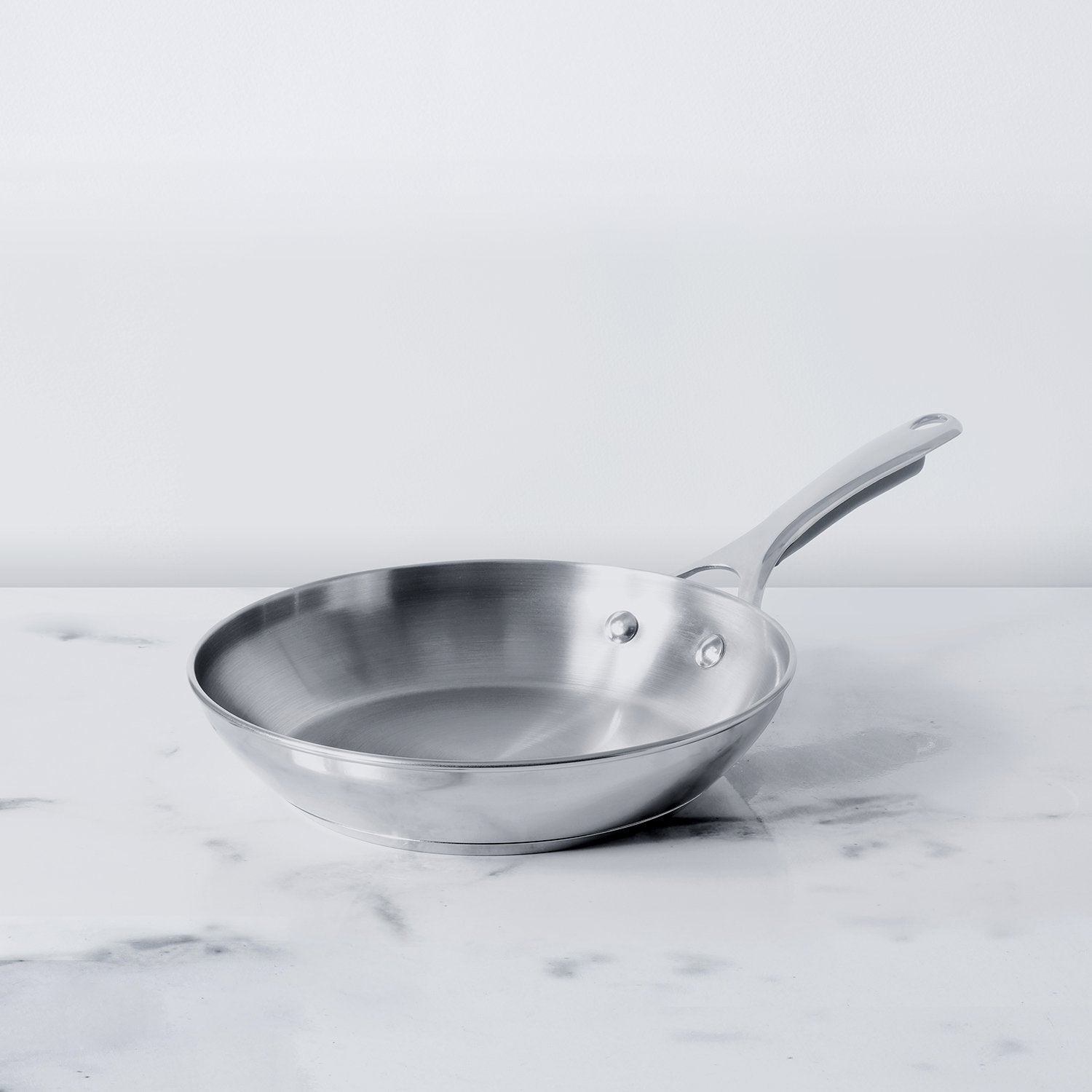Mulberries are packed with deliciousness and minerals. They have a flavour reminiscent of grapes and a structure resembling a blackberry. A cup of raw mulberries has only 60 calories and is packed with vitamins and nutrients, making it a perfect snack.
Mulberries' carbohydrates transform sugar into glucose, which gives cells energy. Mulberries also boost your intake of iron and provide your tissues with the oxygen they require. They also include riboflavin, or vitamin B-2, which helps the body carry oxygen throughout the body and safeguards your tissues from free radicals.
Table of Contents
What are mulberries?
Mulberries have a very similar structure to blackberries or loganberries. They have a grapefruit flavour. Of all the fruit family's members, they are the juiciest. They are luscious, tasty, and meaty. They have a delicate, sweet taste. Figs and breadfruits are relatives of mulberries.
Mulberries don't come in individual berries. They are essentially fruits that have been condensed, with each mulberry being a separate fruit. The fruits grow in groups and are positioned closely together around a central axis. Both their fresh and dried forms can be eaten. The silkworm tree provides mulberries.
Despite the fact that there are hundreds of kinds, the white mulberry (Morus alba), red mulberry (Morus rubra), and black mulberry are the three that are most commonly known (Morus nigra).
Types of mulberries:
On the basis of their hues, mulberries are split into three different species. These are mulberries in black, white, and red.
Black mulberry: Morus nigra is the scientific name for the black mulberry. These are raised in parts of southwest Asia.
White mulberry: Morus alba is the formal name for the white mulberry. These are indigenous to China and are frequently bred to produce silkworms.
Red mulberry: Morus rubra is the scientific name for the red mulberry. These are commonly known as American mulberries and are indigenous to the eastern United States.
Other well-known mulberry cultivars include Riviera, Collier, Linois Everbearing, Tatarica, etc., which are renowned for their sweet flavours and geographic origins.
Nutritional value of mulberries:
One cup of mulberries has 51 milligrammes of vitamin C, making them a vitamin C-rich food. Vitamin C-rich foods can reduce the chance of getting various cancers. Additionally, vitamin C is crucial for the growth of collagen, which gives your skin, tendons, ligaments, bones, and other body parts structure. For healthy bones, a sufficient vitamin C consumption is essential.
Health benefits of mulberries:
- Beneficial for the Kidneys
To effectively remove waste and surplus fluid from your body, your kidneys must be in good shape. They also remove any more acid that your body's cells may have created.
A study found that mulberry extracts are helpful for people with renal impairment brought on by diabetes. It happens as a result of metabolic problems. is also referred to as diabetic nephropathy. Mulberry extracts aid the body minimise inflammation, oxidative stress, and insulin resistance.
- Promotes healthy hair
The natural pigment melanin controls the colour of hair. When melanin synthesis decreases, your hair will eventually become grey or white.
Research indicates that mulberry helps melanin to be produced. Additionally, it keeps your hair's original colour. As a result, it is advantageous for someone whose hair is prematurely going grey. You should frequently consume mulberry juice if you desire good hair. You can immediately apply mulberry juice to your hair to encourage hair growth.
- Makes Your Skin Brighter
Mulberry extracts lighten pigmentation on your skin. Additionally, it lightens dark spots and evens out skin tone. Mulberries contain resveratrol, an antioxidant that shields the skin from UV ray damage and works wonders as an anti-aging treatment. Beta-carotene is one of them and neutralises free radicals. Additionally, mulberries include vitamins A, C, and E that reduce wrinkles.
- Beneficial for the Lungs.
You should consume mulberry if you have a lung infection.
Mulberries block two microorganisms that cause lung infections, according to a study. Pneumococci and influenza viruses are these. The mulberry tree's root bark possesses antiviral and antibacterial effects as well. Mulberries therefore support lung health.
- Promotes Weight Loss
Mulberries, particularly black mulberries, have pectin, according to study. The fibre pectin is typically present in fruits. It works as a laxative to facilitate bowel transit of stool. Mulberries aid with digestion as a result. This benefit frees us from bloating, stomach pains, and constipation.
- Encourage Better Blood Circulation
Mulberries' high iron concentration encourages the growth of red blood cells. Simply put, mulberry improves the flow of oxygen to vital organs and tissues. As a result, it increases physiological function and metabolism. Additionally, they contain a lot of antioxidants, which dilate blood vessels and enhance blood vessel function. By permitting a free flow of blood away from the heart and to other body areas, it further ensures blood pressure regulation.
- Enhance Vision
Zeaxanthin is one of the carotenoids contained in mulberries, according to a study. Additionally, it functions as an antioxidant and protects the retina. Additionally, it eliminates the free radicals that might result in cataracts and macular degeneration. Chinese traditional medicine claims that drinking mulberry tea can improve vision.
- Decrease Cancer Risk
Mulberries are said to contain a lot of anthocyanins and other medicinal components that have anti-cancer properties. Additionally, the presence of resveratrol inhibits the development of cancer cells. Together, they combat thyroid, skin, prostate, and colon cancer. Anthocyanins are crucial and may in the future alter how human cancer manifests itself, along with other metabolites like resveratrol.
- Strengthens Immunity
According to a study, mulberries stimulate macrophages by utilising their alkaloids. They strengthen our defences and keep us vigilant. Mulberry is a great immune system booster because it also contains a lot of vitamin C. Through a variety of mechanisms, polyphenols promote immunity to outside infections, ensuring the health of the blood vessels. To start immunological responses, they turn on these signalling pathways. Additionally, potassium decreases blood pressure to maintain immunity.
- Mulberry Helps to Build Bone Tissue
The finest vitamins and minerals for promoting the development of bone tissues are vitamin K, calcium, and iron. They are all present in Mulberry. These nutrients prevent bone diseases and bone degeneration. For instance, mulberry consumption can prevent common degenerative disorders like osteoporosis and arthritis.
According to study, mulberries' anti-inflammatory characteristics enable them to continue the process of constructing bone structures.
Mulberry for skin:
Mulberries include high levels of carotenoids, vitamin E, and A, all of which have potential antioxidant qualities. These antioxidant capabilities may assist to lessen the visibility of scars, maintain the skin smooth and youthful, and lessen age spots. Extract from mulberry leaves is useful for acne-prone or blemished skin.
Ways to include mulberry in diet:
- They go well with a cup of cereal or yoghurt.
- Pies can be baked to improve their flavour.
- Eat mulberries with biscuits and whipped cream.
- To make it more intriguing, create mulberry jam or add extra fruits.
- Create mulberry ice pops using these.
- Construct summer puddings.
- Put them in your cocktails.
- Place them inside scones.
- You can also make ice cream out of them.
Mulberry tea:
Ingredients:
Mulberry tea leaves or a tea bag
1 filtered cup of water
Optional honey or lemon
Directions:
- A cup of water should be brought to a boil before cooling.
- Tea leaves and hot water should be added to a teapot.
- You can just add a tea bag to a cup of boiling water to simplify these instructions for you.
- Allow them to sit for around 3 to 5 minutes so they may fully absorb the essence.
- In a cup, strain the tea.
- Depending on your preferences, add honey or lemon.
- It's time for your mulberry tea to revive you!













Leave a comment